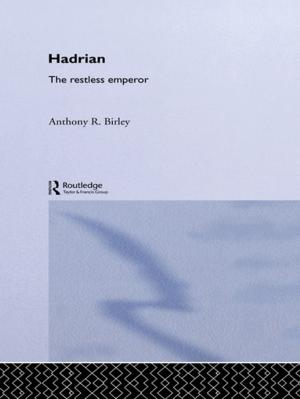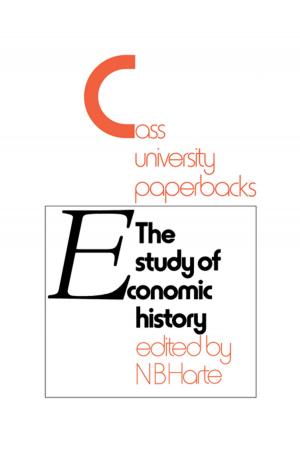| Author: | Alfred Mathis-Rosenzweig | ISBN: | 9781351217880 |
| Publisher: | Taylor and Francis | Publication: | May 8, 2018 |
| Imprint: | Routledge | Language: | English |
| Author: | Alfred Mathis-Rosenzweig |
| ISBN: | 9781351217880 |
| Publisher: | Taylor and Francis |
| Publication: | May 8, 2018 |
| Imprint: | Routledge |
| Language: | English |
Alfred Mathis-Rosenzweig (1897-1948) was a Viennese musicologist and critic who studied at the universities of Budapest and Vienna. From 1933 he embarked on producing a large-scale study of Mahler but at the time of his death the manuscript was left unfinished. Although it was presumed lost until 1997, the unfinished typescript, written in German, had been deposited in the library of the Guildhall School of Music & Drama. In 2003, the School‘s Research Centre commissioned Jeremy Barham to prepare the first published edition of this important work, and his annotations and commentary add invaluable material to his translation of this historic document. Biographical material is used as a loose framework and platform for Mathis-Rosenzweig‘s profound examination of the environment within which Mahler‘s earlier music was embedded. This is an environment in which Wagner, Bruckner and Wolf feature prominently, and in which Mahler‘s music is viewed from the wider perspective of nineteenth-century German cultural domination and the subsequent rise of political extremism in the form of Hitlerite fascism.
Alfred Mathis-Rosenzweig (1897-1948) was a Viennese musicologist and critic who studied at the universities of Budapest and Vienna. From 1933 he embarked on producing a large-scale study of Mahler but at the time of his death the manuscript was left unfinished. Although it was presumed lost until 1997, the unfinished typescript, written in German, had been deposited in the library of the Guildhall School of Music & Drama. In 2003, the School‘s Research Centre commissioned Jeremy Barham to prepare the first published edition of this important work, and his annotations and commentary add invaluable material to his translation of this historic document. Biographical material is used as a loose framework and platform for Mathis-Rosenzweig‘s profound examination of the environment within which Mahler‘s earlier music was embedded. This is an environment in which Wagner, Bruckner and Wolf feature prominently, and in which Mahler‘s music is viewed from the wider perspective of nineteenth-century German cultural domination and the subsequent rise of political extremism in the form of Hitlerite fascism.















